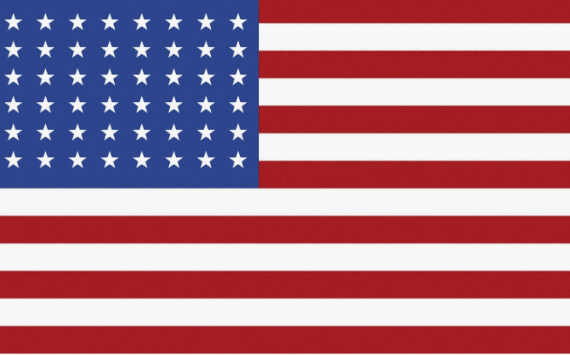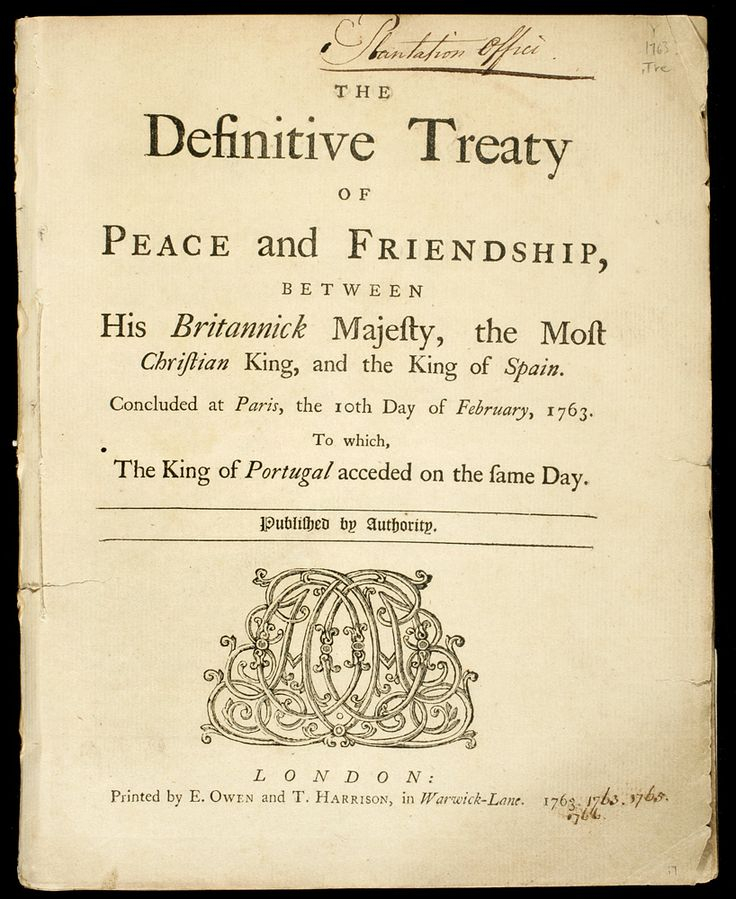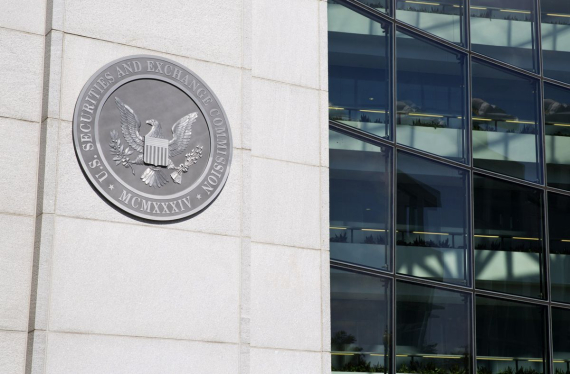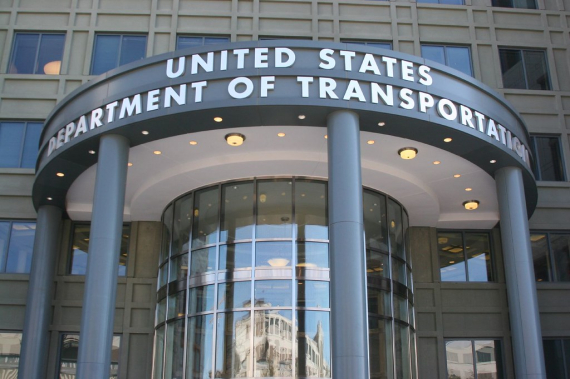Ratification Day

On January 14, the United States celebrates the day when the Treaty of Paris was ratified by the Congress of the Confederation, which marked the end of the Revolutionary War and the establishment of America as an independent nation. The path from the end of the hostilities of the Revolutionary War to this day was long, and the treaty still required approval in Paris after the ratification day. However, it was on this day that the United States Congress officially declared the war to be over.
About the holiday
Brief history
The American War of Independence started in 1775 and lasted eight years. Congress declared a ceasefire with Great Britain in 1783. On September 3 of that year, the United States signed the Treaty of Paris.
On December 13, Congress met in Annapolis to ratify the treaty. Only seven states could send representatives because of the winter weather. New Hampshire, South Carolina, and Georgia did not have enough people to send. By January, Connecticut and New Jersey sent delegates, and South Carolina sent another one. Then, the treaty was ratified on January 14.
How it's celebrated
Ratification Day is celebrated in various ways. Governments, international organizations, and legal experts hold conferences and workshops to discuss the importance of ratification and its role in international law. Legal scholars and historians present papers and lectures on the history and development of ratification in international relations.
On this day, people also express their support for international cooperation and peace through social media and other platforms. They share information about ratified agreements and treaties and discuss their impact on global stability and prosperity.
 Ratification Day
Ratification Day
Interesting facts
- Ratification is the process by which a country formally accepts and adopts an international agreement or treaty.
- The United Nations General Assembly plays a key role in ratifying international agreements and treaties.
- Ratification is an important step in ensuring the compliance of a country with international obligations.
- The number of ratified agreements and treaties has grown significantly over the past century, reflecting the increasing importance of international cooperation.
- Ratification is a crucial element in building trust and understanding between nations, promoting peace and stability in the world.
Were born on 14 January
On this remarkable day, we celebrate the vital contributions and vibrant traditions of the Korean-American community. This community is a testament to the strength of cultural diversity and the strength of human connections. We are proud to be part of this wonderful tapestry where the past meets the present!






































